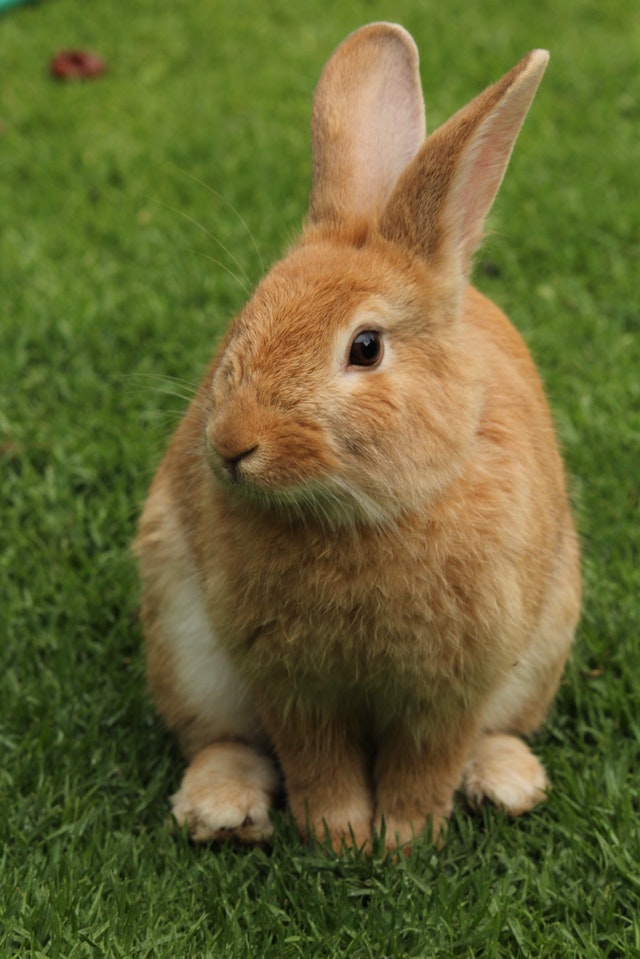Factory Farming and Our Dogs and Cats
Val Nuttall posed a question: You recommend feeding a raw diet to a dog or cat. What about the animals who have endured suffering and abuse in factory farming or is it just cats, dogs, horses you are concerned with?
While I am concerned with the quality of life of all domestic and wild animals, we all have to face that life on Earth involves bodies eating other bodies for survival. Whether it be plants, animals, or minerals that are eaten to sustain particular life forms, all beings that eat and are eaten are alive. They all communicate and are composed of the same pulsing particles put together in different ways. All forms, no matter how they appear different from humans, are animated or infused by soul or spirit.
How We Eat
Death of bodies is part of the whole cycle of life. I agree that how that death comes about for whoever is eaten is important. A tree gave me insight about this that I included in my book, When Animals Speak:
Killing plants and animals for food is part of sharing forms, keeping the unity alive with transformation of energies, one form into another. Sometimes killing of other life forms, for eating or to get rid of parasites or pests, is necessary to sustain and transform other life forms. Pay attention to your manner, proceeding with thankfulness, letting live as you can, and only taking life — plant, animal, or mineral–as needed for survival.
Animals or plants who are killed for food should be treated with respect, which is often not the case with our current factory farming system. Unless we humanely raise and kill animals ourselves to feed our cats and dogs their natural diet, we have to rely on who and what system provides that service. We can also work to have that system changed to eliminate animal abuse.
Rabbit Teaching
When I was teaching communication with animals in Switzerland one spring, I received an important insight from a rabbit about the nature of death of all animals, including humans. Our group was practicing communication exercises on a dairy farm, which also had a barn full of horses in stalls and many rabbit hutches.

I was standing next to a large rabbit hutch admiring the beauty of the gold colored rabbit inside and how comfortable she looked in the ample bed of hay provided. I assumed that the rabbits here were companion rabbits when I saw the large wood hutches that housed them. Then I realized by the number of hutches and placement in the barn that these rabbits were being raised for meat. I was uncomfortable with the idea that these beautiful rabbits were going to be killed for human consumption. I decided to ask the rabbit across from me how she felt about that.
She looked at me and commented very directly,
“I have a good life here. I have good company with other rabbits nearby, horses, birds, cows, humans, and other animals who visit the barn. I’m fed well and given plenty of fresh hay for a nice comfortable bed. The sun shines on me, and I get to look across the fields at the cows and sky. I am connected to my wild rabbit cousins and feel what a hard life they have compared to me, always having to be wary for predators about to pounce. I am happy with my life and am treated well until my death.”
I asked the rabbit how she felt about being raised to be eaten by humans. What she answered took me by surprise. The rabbit replied,
“We all get eaten. The horses here, the cows, even you. Everyone is eaten.”
I was puzzled by her answer and questioned her,
“Well, my body will not get eaten by anyone. I will not be slaughtered for food as you and other animals are.”
To that she answered,
“Oh, yes, you will. Everyone is eaten. What matters is that you enjoy your life until your death.”
Then I realized what she meant. In the end, all bodies are food to nurture other species or forms of life in the great recycling center of Earth. We are all part of the web of life, which includes death and decay. Our bodies return to the Earth. My body will be eaten by worms and other small creatures and decompose in the soil or be burned into ash that gets utilized by others for the continuance of life. None of us are exempt from being eaten or recycled through other bodies into other forms of life. As this wonderful rabbit teacher told me,
“What matters is that you enjoy your life until your death.”
Vegetarian or Omnivore?
For more discussion and insights on this subject, see VEGETARIAN OR OMNIVORE? This is the Question. This comprehensive article was written by over 40 animal communicators and originally published in Species Link journal in 2009.
Animals give their perspectives on death and the predator/prey cycle in my books, When Animals Speak and Animals in Spirit. Glean the wisdom and viewpoints of many different animals and learn to live in better balance with all life on Earth when you discover how to communicate with animals yourself.




